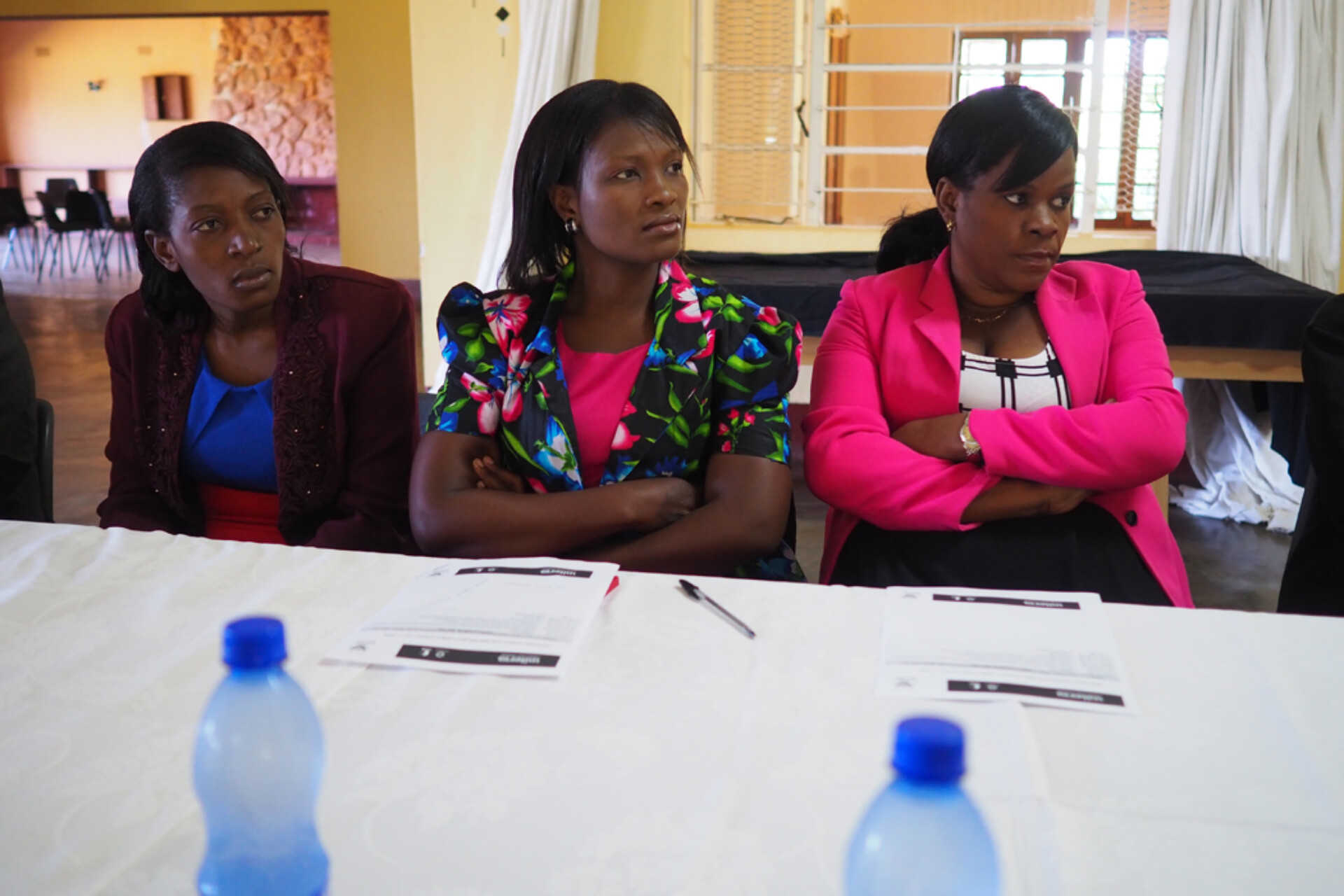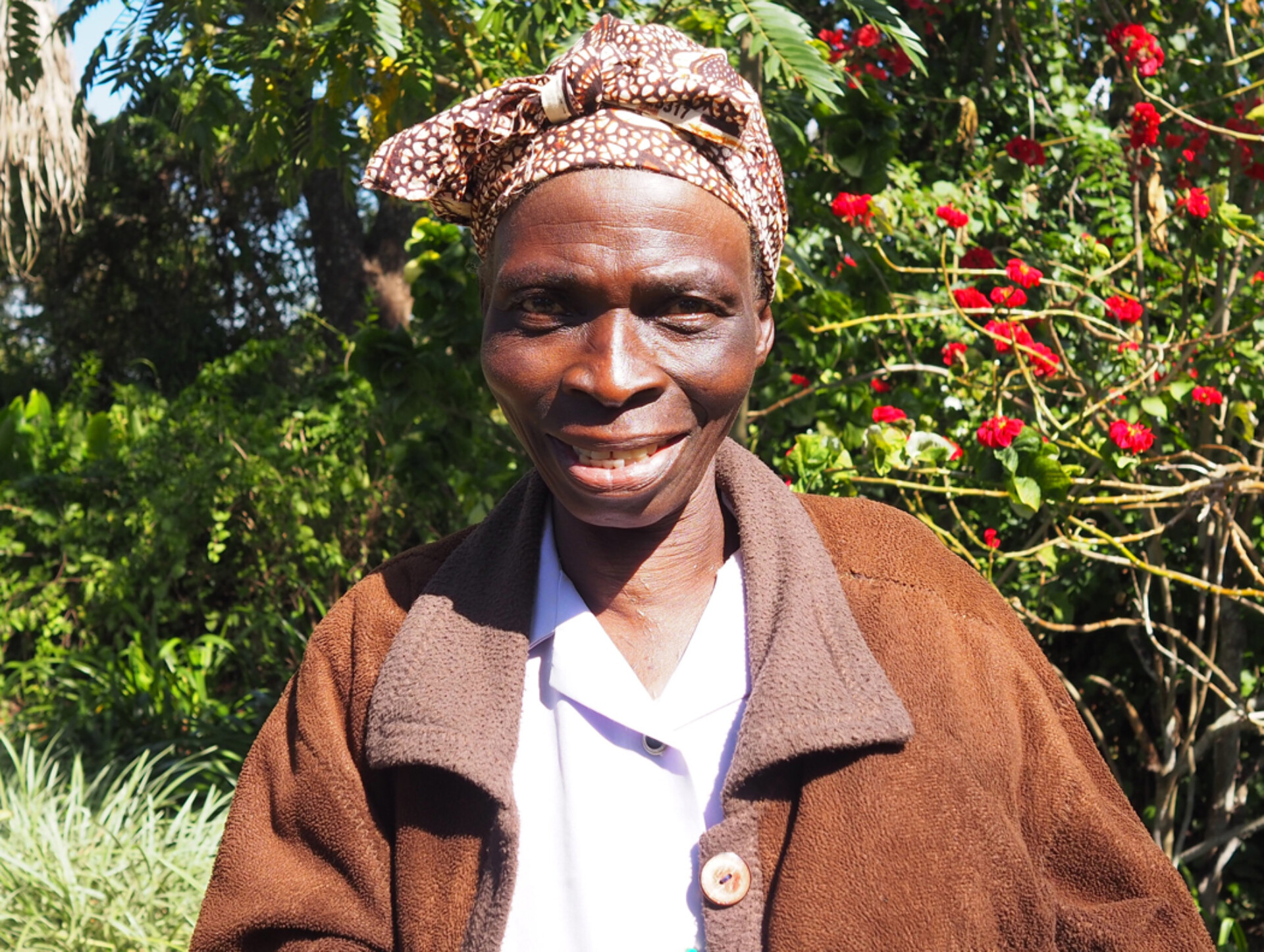
Supporting women in Malawi tea industry
Through Uniterra, World University Service of Canada (WUSC) in partnership with Tea Association of Malawi (TAML) launched a one-year project on July 01, 2016, to help women working in tea sector to achieve a more meaningful and rewarding employment by helping them to effectively voice their concerns and participate in decision-making process.
Women make up about 35 percent of the labour force in the Malawi tea sector but very few occupy managerial positions. Most women engage in plucking tea leaves and are mainly supervised by men. The underrepresentation of women in decision-making positions and lack of effective sexual harassment reporting mechanisms leave female workers feeling unsafe, vulnerable and unmotivated. This can affect not only the wellbeing of workers but also the overall production of tea estates.
“We felt that if we support these women with leadership skills, they will be able to take up leadership positions where the issues that can be brought up by women at a lower level can also be supported at management level”, Bertha Mbichila, project coordinator said at the project launch.

This project named supporting the Empowerment of Women (SEW) will work to enhance the leadership capacity of women in their workplaces and communities while improving policies regarding their involvement in tea estates.
WUSC and TAML aim to directly reach 240 women who will receive training of trainers in leadership, and an additional 1,920 women who will receive training through peer support workshops.
SEW project’s objective also include increasing tea estate management’s knowledge and understanding of gender and labour laws and improving communication among stakeholders.
Clement Thindwa, chief executive officer at TAML emphasized the association is very committed to the development of women in the tea sector. “It is quite an ambitious program and we believe that the outputs will be very beneficial to the tea industry”, he said.
Thindwa commended WUSC for the continuous support through Uniterra, a volunteer-sending program jointly led by WUSC and Centre d’Etude et de Cooperation International (CECI). In addition to the SEW project, Uniterra supports smallholder tea growers by providing them with entrepreneurial and financial literacy skills. Uniterra also facilitates TAML in exploring business opportunities of Malawi tea on the North American market.

Mervis Makokora, 63, a smallholder tea grower from Msuwazi Association trust hopes that the SEW project will provide her with skills to negotiate a better price for tea leaves. Each year, smallholder farmers, many of whom are women negotiate prices for green tea leaves they sell to different estates managed by men.
The SEW project is supported with funding from Manitoba Council for International Cooperation (MCIC) and Saskatchewan Council for International Cooperation.
Tea is the second largest generator of foreign exchange for Malawi. The tea sector employs around 60,000 workers 30% of whom are women in 10 private estates and 14,000 smallholder farmers. It is estimated that close to 2.5 million Malawians benefit from the industry directly and indirectly.

